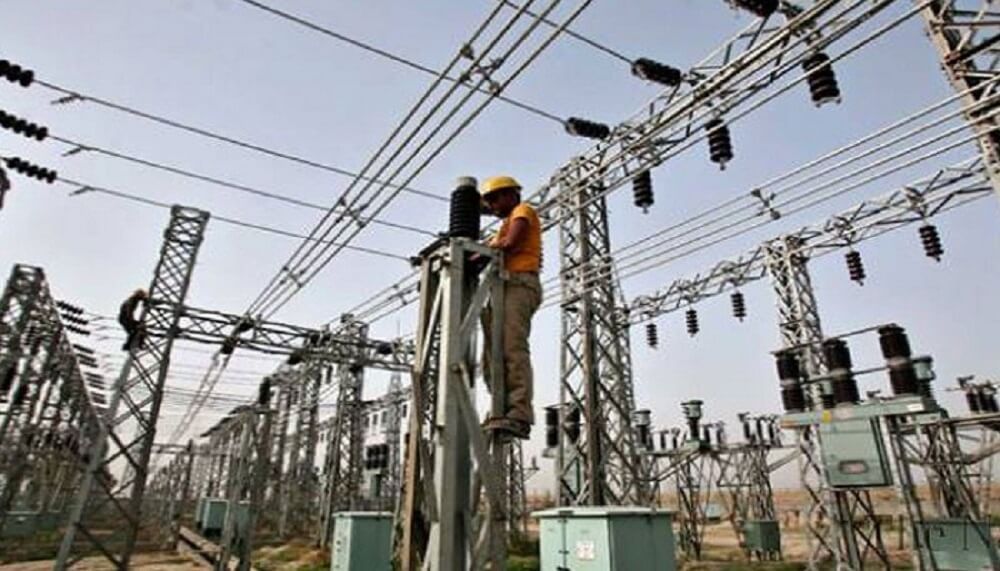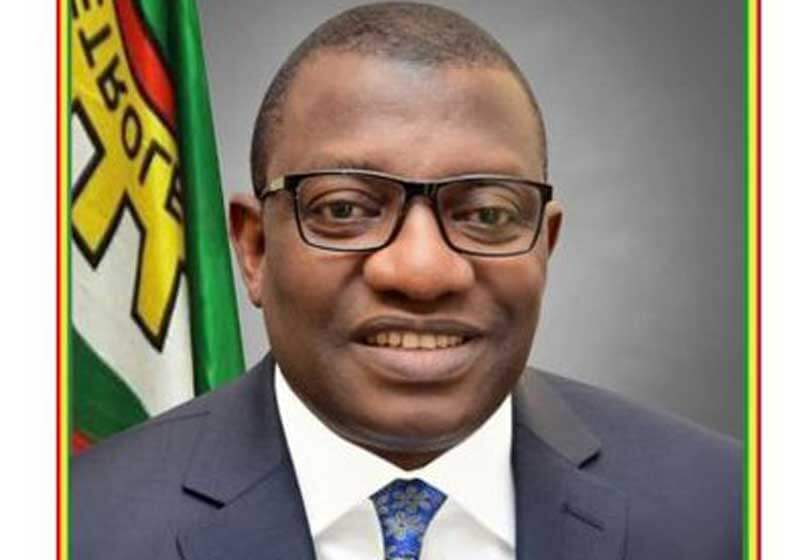FG Plans 148MW Renewable Energy To Power Varsities, Hospitals

The Federal Government on Friday announced an initiative to power all the Federal Universities and Hospitals in the 36 states and the FCT with 148 megawatts (MW) of clean renewable energy.
The Director General of the Energy Commission of Nigeria (ECN), Dr. Mustapha Abdullahi, revealed the plan during a press briefing in Abuja.
As part of the initiative, 2 MW of clean renewable energy will be provided to each of the 37 Federal Universities across the 36 states and the Federal Capital Territory (FCT).
Additionally, 2 MW of solar hybrid systems will be installed in each of the 37 tertiary hospitals across the country.
Abdullahi referred to the programme as the “Renewed Hope Solarization Project,” stating the government’s commitment to a cleaner, more sustainable energy future.
The initiative, according to him, aims to reduce the reliance on traditional energy sources and significantly lower the carbon footprint of government-run institutions.
He said: “Let me use this medium to announce a novel solarization program called the Renewed Hope Solarization Project, for the provision of 2 megawatts of Clean Renewable Energy in Each of the 37 Federal Universities across the 36 states and FCT.
“Also, the government is providing 2 Megawatts of Solar Hybrid System in Each of the 37 Tertiary Hospitals across the 36 States and FCT. Thank you and God Bless Nigeria”
On the recent approval of ₦10bn for the provision of solar electricity to the Presidential Villa, which has sparked public debate, Abdullahi clarified that the project aimed to alleviate the financial burden of unpaid electricity bills, which had accumulated to a staggering ₦47.1bn by federal institutions in Abuja, including the Presidential Villa.
Transitioning to alternative energy sources, he said, would reduce such costs, enhance governance efficiency, and serve as a model for other government institutions.
Abdullahi said the shift to renewable energy would not only address Nigeria’s energy needs but also contribute to the creation of jobs in solar panel manufacturing, system design, installation, operation, and maintenance.
The programme, he said, would encourage innovation among local engineers, entrepreneurs, and young graduates eager to join the global green economy.
Abdullahi stressed that the solarization project is part of a broader vision for Nigeria to become a leader in renewable energy in Africa.
He urged Nigerians not to be distracted by the price tag of the ₦10bn investment but to focus on the long-term benefits, which include energy equity, job creation, and a cleaner, more sustainable future for all.
“The recent approval of ₦10bn for the provision of solar electricity for the Presidential Villa has stirred public debate.
“Some questioned its timing and necessity, interpreting it as a deviation from President Bola Ahmed Tinubu’s campaign promise to provide stable electricity and prepaid meters to Nigerians.
“Before President Tinubu’s administration, federal institutions in Abuja, including the Presidential Villa, owed the Abuja Electricity Distribution Company (AEDC) an eye-watering ₦47.1bn in unpaid electricity bills.
“That energy bill, paid from taxpayers’ money, is not sustainable.
“Transitioning to alternative and sustainable energy sources significantly reduces such burden and allows government institutions to become models of efficiency by cutting costs and enhancing reliable and sustainable governance.
” Invariably, the move clearly intends to insulate Nigerians from incessant high electricity bills, which underscores the President’s commitment to cutting costs and reducing spending across public and private facilities.
“We may recall that there has always been advocacy for reduction in the cost of governance. Around the world, nations are transitioning profoundly toward renewable energy and the wins are great.
“In Kenya, solar mini-grids now power remote villages, while in Bangladesh, over 20 million people benefit from solar home systems.
“Germany, one of the most industrialized nations, sources nearly half of its electricity from renewables, despite their incomparable solar irradiation intensity when compared with Nigeria.
“The White House Building (US Presidential House) is not left out among those presidential edifices with alternative power.
“The Aso Rock Villa’s solar power initiative sends a clear message to citizens, investors and global partners that Nigeria is ready to take control of its energy destiny.
“We must lead in Africa by utilizing more of the available resources in meeting our needs. Consequently, the gains go far beyond electricity:
” This initiative opens doors to thousands of jobs in solar panel manufacturing; systems design, installation, operation and maintenance.
” It fosters innovation among the indigenous engineers, entrepreneurs, and young graduates seeking opportunities in a global green economy.
“It reduces pressure on our overstretched national grid, cuts long-term costs and puts us on a path to energy equity.
“More importantly, it plants the seeds for decentralized renewable power systems that can light up rural communities and empower under-served and unserved communities across the country.
“This initiative is not about lighting up the State House alone; rather, it’s about a long-term energy vision; a vision where Nigeria breaks free from the cycle of energy debt and enjoys uninterrupted energy supply.
” It also comes as a more sustainable, affordable, and accessible alternative for all Nigerians. Let us not be distracted by the price tag but focus on the expected gains.
“The ₦10bn solar investment is a pathway to a future where every Nigerian can aspire to have uninterrupted, clean, and affordable energy. Certainly, history will remember this decision as the spark that ignited a national energy revolution in modern-day Nigeria”, the DG said.
FG Plans 148MW Renewable Energy To Power Varsities, Hospitals is first published on The Whistler Newspaper




